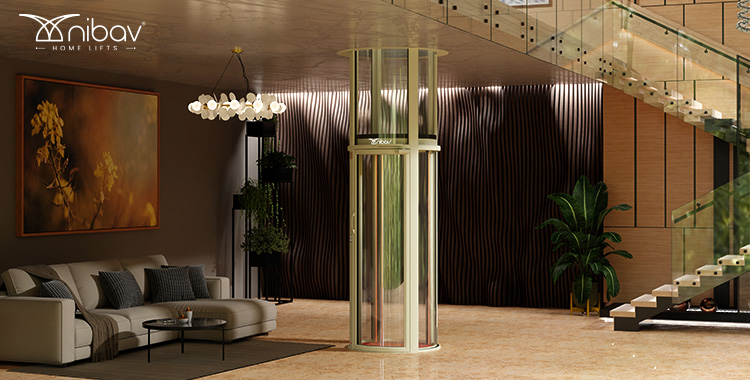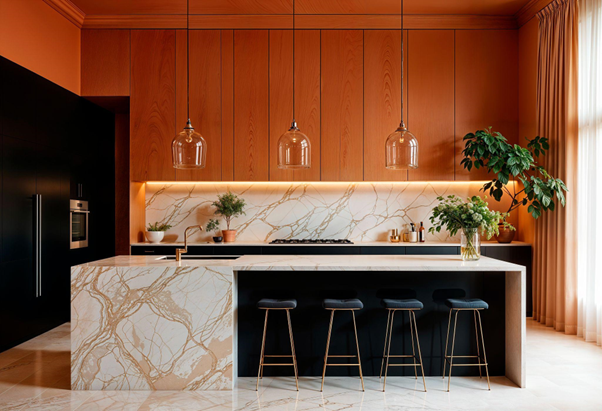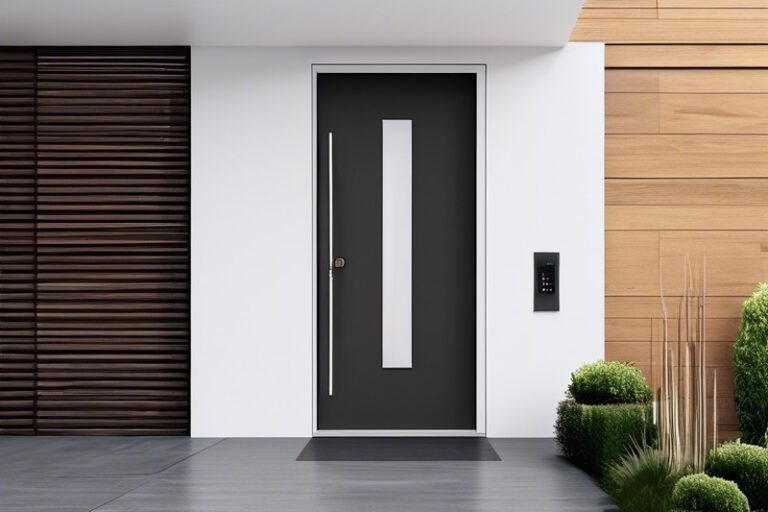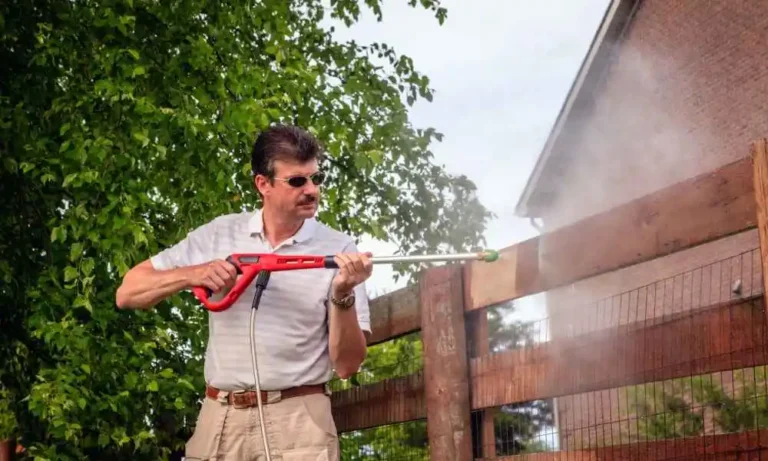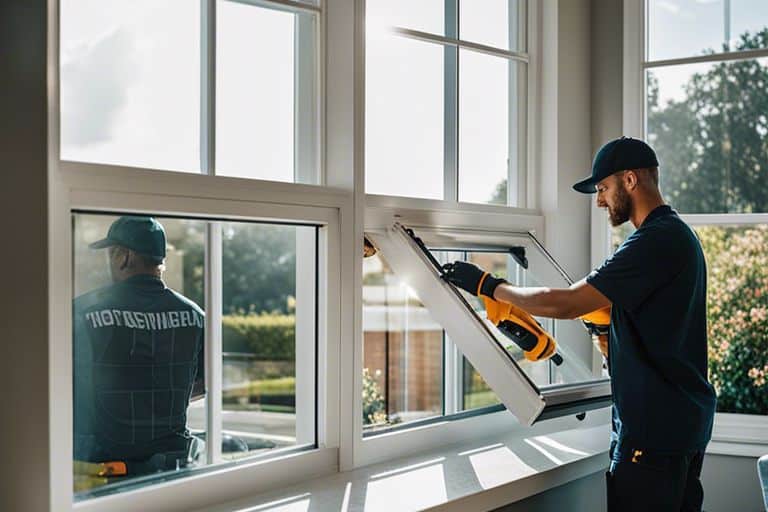
Upgrading windows in your home can be a transformative project, providing a range of benefits from improved energy efficiency to enhanced curb appeal. Whether your goal is to update old, drafty windows or to achieve a fresh, modern look, there are plenty of options available to suit your needs. With various materials, styles, and technologies in the market, finding the perfect house window upgrades requires understanding what each option brings to the table.
Types of House Window Upgrades to Consider
When it comes to selecting the right windows for your home, you’ll find a variety of options catering to different preferences and budgets. One popular choice for many homeowners is double-pane windows, which are known for their excellent insulation capabilities. By having two layers of glass with a layer of air or gas in between, double-pane windows reduce heat transfer, keeping your home warmer in the winter and cooler in the summer.
Triple-pane windows take this energy efficiency a step further. With three glass layers, these windows provide an additional barrier, which can be particularly beneficial in regions with extreme weather conditions. The extra layer can also contribute to noise reduction, making them ideal for homes in busy urban areas.
For a modern and sleek appearance, some homeowners opt for picture windows. These large, fixed-pane windows offer expansive views and can flood your living space with natural light.
While they don’t open, picture windows can be strategically paired with other types of operable windows to balance aesthetics with ventilation.
If you’re interested in sustainability and unique design, consider going for recycled or reclaimed glass windows. These windows provide an eco-friendly upgrade while giving your home a
one-of-a-kind look. Customizable options like tinting, frosting, or decorative glass allow you to create a truly personalized upgrade that fits your style.
Benefits of Upgrading Your Home’s Windows
Investing in house window upgrades can offer both immediate and long-term rewards. One of the most noticeable benefits is increased energy efficiency. With the advancements in window technology, modern windows are specifically designed to minimize heat loss, which can significantly reduce your heating and cooling costs. Over time, this energy efficiency not only helps the environment by lowering energy consumption but also provides noticeable savings on utility bills.
Another advantage of upgrading your windows is improved sound insulation. If you live in a busy area or near a noisy street, newer windows with multiple panes or special coatings can dramatically reduce the amount of outside noise entering your home. This creates a quieter, more peaceful living environment where you can enjoy a greater sense of privacy.
Enhanced safety and security are also major factors when upgrading house windows. Older windows may have weaker frames or outdated locks, making them vulnerable to break-ins. With modern window upgrades, you can choose frames made from durable materials such as fiberglass or reinforced vinyl, along with advanced locking mechanisms for added protection.
Some windows are even designed with impact-resistant glass, providing an extra layer of security against intruders and harsh weather conditions.
In addition, the aesthetic appeal of upgraded windows should not be underestimated. Replacing old, worn-out windows with new designs can dramatically improve your home’s curb appeal.
With a range of styles, colors, and finishes available, you can customize your windows to enhance the architectural style of your home, adding significant value to your property.
Key Factors to Keep in Mind for a Successful Upgrade
Before diving into house window upgrades, there are some essential considerations to keep in mind. First, assess the specific needs of your home’s climate. For instance, if you live in a hot and sunny location, you may benefit from windows with Low-E (low-emissivity) coatings, which reflect heat and UV rays. Alternatively, if you’re in a colder area, windows with higher insulation ratings might be the best fit.
Another crucial factor is frame material. Window frames come in various materials, each with its strengths. Vinyl frames are a popular choice due to their affordability and low maintenance, but they may not offer the same aesthetic appeal as wood. Wooden frames, while beautiful, require regular maintenance to prevent warping or rot. Aluminum frames are durable and resistant to corrosion, making them ideal for humid or coastal areas. Each frame material will impact the durability, insulation, and appearance of your windows, so it’s essential to select one that aligns with your goals.
Budget is another important aspect when planning house window upgrades. Depending on the type, material, and customization options, window upgrades can range significantly in price.
Determine your budget early on, and consider not only the upfront costs but also the long-term savings in energy efficiency. Some window upgrades may come with tax credits or rebates, so researching available incentives can help make the investment more affordable.
Lastly, professional installation plays a significant role in the success of your window upgrade project. Even the most energy-efficient windows won’t perform well if they’re poorly installed. Hiring an experienced installer ensures that your windows are properly sealed and aligned, preventing drafts and leaks. Proper installation extends the lifespan of your windows and maximizes the benefits of your upgrade.
Tips for Choosing the Right Window Upgrade for Your Home
Choosing the ideal window upgrade for your home involves weighing various factors, including style, function, and budget. One helpful approach is to start by identifying your primary goals. Are you looking to improve energy efficiency, enhance aesthetics, or increase security? Defining your priorities will narrow down your options and make it easier to choose windows that align with your needs.
Consider the architectural style of your home as well. For instance, if you have a modern home, sleek, large-pane windows may complement the design better than traditional styles. On the other hand, if your home has a classic or historic look, windows with divided lights or decorative frames may enhance its character.
Finally, take the time to visit a showroom or consult with a window specialist. Seeing different window options in person allows you to better understand how they function and how they might look in your home. A professional can also offer guidance on energy ratings, warranties, and maintenance requirements, ensuring that your choice aligns with your expectations.
Upgrading the windows in your home is an investment that pays off in various ways, from comfort and security to aesthetics and energy savings. By exploring your options and focusing on quality materials and professional installation, you can make an informed decision that will benefit your home for years to come.

